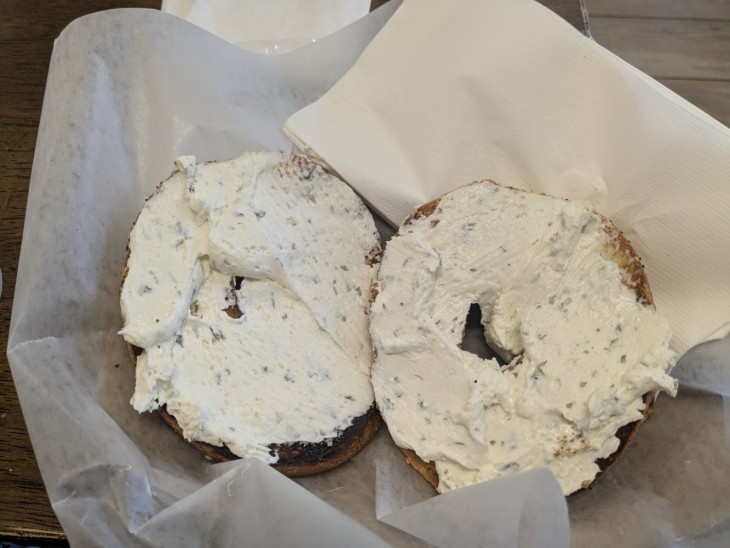A diet high in cholesterol, fat and sugar may influence the development of Alzheimer’s disease in people who carry the ApoE4 gene, a leading risk factor for the memory-erasing malady, according to a USC study released Monday.
The study, published Monday in the journal eNeuro, is the latest to explore the association between obesity and Alzheimer’s disease, both of which are associated with inflammation and both of which affect millions of people.
For the study, researchers at the USC Davis School of Gerontology compared the effects of a poor diet on groups of mice that either had the Alzheimer’s-associated ApoE4 gene or the relatively benign variant of the gene, ApoE3. After eating an unhealthy diet, the mice with the ApoE4 gene showed more Alzheimer’s plaques — a marker for inflammation — in their brains, but those with ApoE3 did not.
“Part of what the results are saying is that risk doesn’t affect everybody the same, and that’s true for most risk factors,” said Christian Pike, the lead author of the study and a professor for the USC Davis School of Gerontology. “Your genes have a big role in what happens to you, but so does your environment and your modifiable lifestyle factors. How much you exercise becomes important and what you eat becomes important.”
An estimated 5.4 million Americans have Alzheimer’s, which costs an estimated $286 billion a year. The USC Schaeffer Center for Health Policy and Economics predicts the number of patients diagnosed with the disease in the U.S. will more than double to 9.1 million in the next 35 years. By then, total care costs will top $1.5 trillion.
Meanwhile, an estimated 72 million American adults are obese — representing about 30 percent of the nation’s adult population, according to the Centers for Disease Control and Prevention. Annual health care costs for obesity in the United States range between $147 billion and $210 billion.
The study involved placing, for 12 weeks, a group of mice with ApoE4 on a control diet that was 10 percent fat and 7 percent sucrose, while another group of mice with ApoE4 were fed a Western diet that was 45 percent fat and 17 percent sucrose. A similar test was run on mice with ApoE3.
On the unhealthy diet, both the mice with ApoE4 and those with ApoE3 gained weight and became pre-diabetic. But most significantly, those with ApoE4 on the unhealthy diet quickly developed the signature plaques that obstruct cognition and memory.
However, Alzheimer’s symptoms did not worsen for the ApoE3 mice that ate a Western diet.
“What happens to you in life is a combination of the genes that you have, the environment and behaviors, such as diet,” Pike said. “Our thinking is that the risk of Alzheimer’s associated with obesity is going to be regulated to some degree by the genes that we have.”
The results in the mice indicate a relationship between diet and the growth of plaques and other signs of brain inflammation for mice with ApoE4.
Pike said further study is needed to understand the relationship between the two. Research already has shown that even a brief spate of poor diet can inflame glia, the brain cells responsible for immunity response.



























